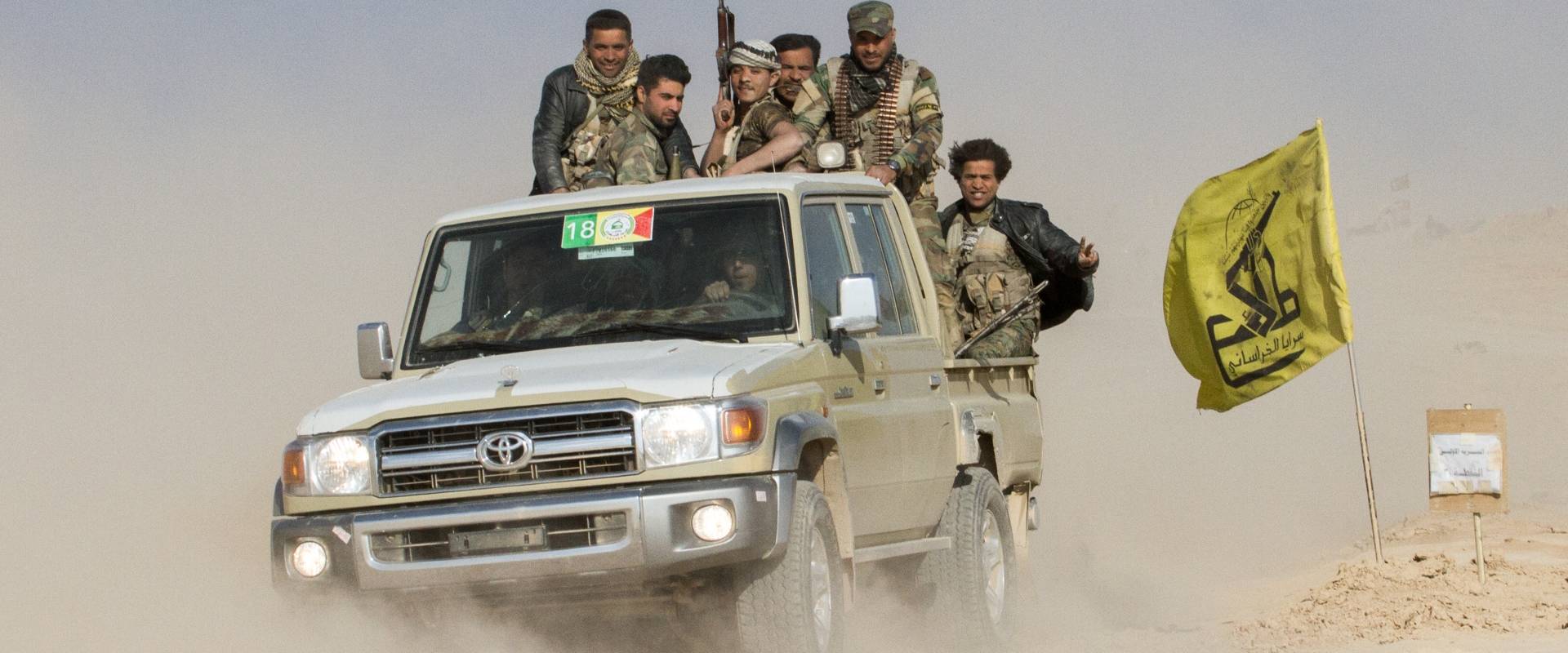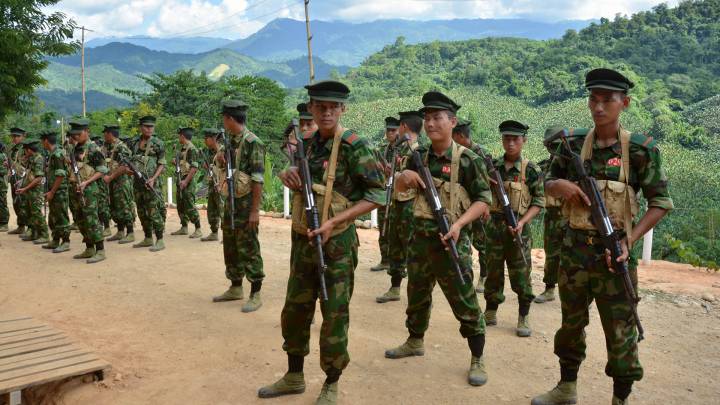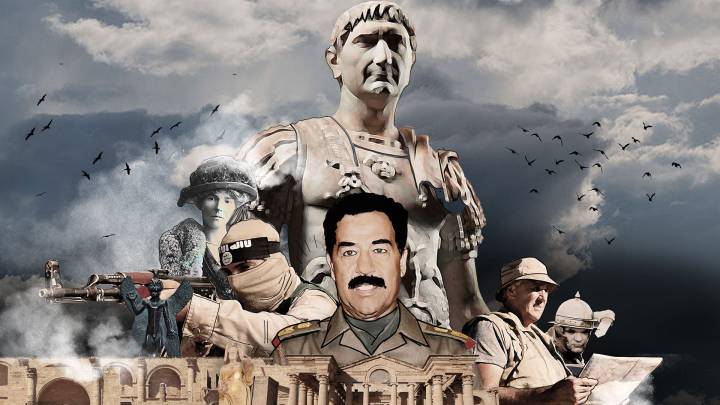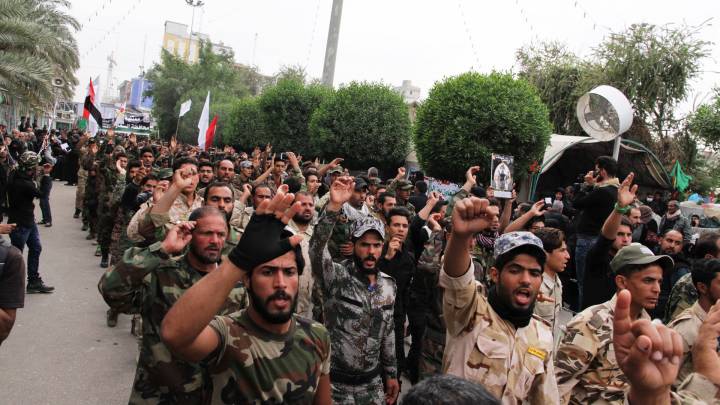Despite the warmongering rhetoric following Aramco attacks, Iraq's Prime Minister remains committed to preserving Iraq’s neutrality. Will the shield of the Iraqi security forces suffice to keep the various PMF factions in line and out of trouble?
To prevent the fragile regional equilibrium from collapsing on Iraqi soil, Prime Minister Adil Abdul Mahdi has mobilized both diplomatic and institutional means curbing the enthusiasm for unnecessary provocations. In a call with US Secretary of State Mike Pompeo, the Prime Minister made sure to emphasize that Iraq is committed to preserving its neutrality and will thus not allow for its territory to be used for an attack against any of the neighbouring or ‘friendly’ countries. He also stressed his administration's will to “play a positive role” in de-escalating the conflict dynamics and shielding Iraq from the repercussions of the geopolitical crisis.
Though for the sake of preserving his own credibility as guarantor and protector of Iraq’s sovereignty, Abdul Mahdi cannot afford to be seen as too lenient regarding the repeatedly signalled willingness by the US and its allies to take actions against any entities labelled as Iran-empowered agents of the ‘axis of resistance’. Especially the last round of airstrikes on strategic locations and weapon depots of Iraq’s Popular Mobilisation Units (PMU), or Al-Hashd al-Sha’abi, have put the Prime Minister in a catch-22 situation.
The PMU’s Vice-Chairman, Abu Mahdi al-Muhandis, had threatened retaliatory measures in a public document condemning the Americans and Israelis for their alleged involvement in what has been framed as a ‘foreign aggression’. Though a follow-up statement issued by the head of the PMU commission and Iraq’s National Security Advisor, Faleh Al-Fayyadh, had initially questioned the validity of the accusations, a member of the parliamentary security and defence committee had referred to informed sources, confirming that the PMU sites had indeed been targeted by Israeli drones – reportedly with the knowledge of the International Coalition.
Any further targeting of PMU military bases will increase the accountability pressure upon the current administration
Consecutively, the speaker of the House of Representatives, Mohammed al-Halbousi, announced on Saturday the formation of a special committee tasked with monitoring the government-led efforts to preserve Iraq’s rather contested sovereignty, which would logically require protecting the country’s armed forces from foreign assaults.
With the PMU being formally declared as integral part of Iraq’s security forces both in the so-called Hashd law from 2016, as well as in the Prime Minister’s decree issued on July 1, 2019, any further targeting of PMU military bases will increase the accountability pressure upon the current administration to come up with a coordinated response and demonstrate a unified chain of command.
Until then, the heterogeneous character of the PMU as an internally fractured paramilitary umbrella will most likely continue to fuel international scepticism regarding Iraq’s overall positioning within the so-called Shia Crescent. To solve the Hashd issue, Abdul Mahdi would have to rid Iraq of the image of a geopolitical hostage losing its leverage to highly autonomous and occasionally 'proxified' armed factions.
Sadr’s highly debated tweet had contributed to thwart the alleged plan for the establishment of a parallel air force
On September 5th, a statement on the creation of a Hashd Air Force, carrying the signature by PMU Vice-Chairman Abu Mahdi al-Muhandis, circulated across Iraqi and foreign social media channels. According to the disputed document, Salah Mahdi Hantoush, who has also been designated by the US Treasury Department’s Office of Foreign Assets Control (OFAC), was supposed to head the to-be-established directory.
Shortly following the initial reactions, Muqtada Sadr issued a critical comment on Twitter, warning against the devolution of the rule by law system and urging the Iraqi government to take rigorous measures. Without any formal renunciation by Abu Mahdi al-Muhandis, an allegedly authorised source from the PMF Commission denied the authenticity of the published document. According to Sabah al-Saadi from the Islah parliamentary bloc, Sadr’s highly debated tweet had contributed to thwarting the alleged plan for the establishment of this parallel air force. Until now, the Vice-Chairman has not addressed the rumors and conspiracies around the controversial release.
Meanwhile, in another move seeking to strengthen the impression of improved coordination among Iraq’s security agencies, Prime Minister Adil Abdul Mahdi boosted in a new directive the authority of the Iraqi Joint Operations Command which is accordingly empowered to exercise full control over the various formations participating in state led military maneuvers including not only the respective ministries and directories but also the Peshmerga, the Counter-Terrorism Services and the PMU. Last but not least, weapons and other equipment designated for the PMU are said (according to an Iraqi News Agency) to be transferred to facilities belonging to the Ministry of Defence in order to protect them from eventual bombardments.
The aforementioned controversies preceding the attacks from last week demonstrate that although the paramilitary forces in Iraq are still not fully reined in, they will remain under surveillance. Their government backing and popular legitimacy will depend on their ability to keep themselves and Iraq out of trouble, instead of dragging the country and its population into avoidable conflicts.




